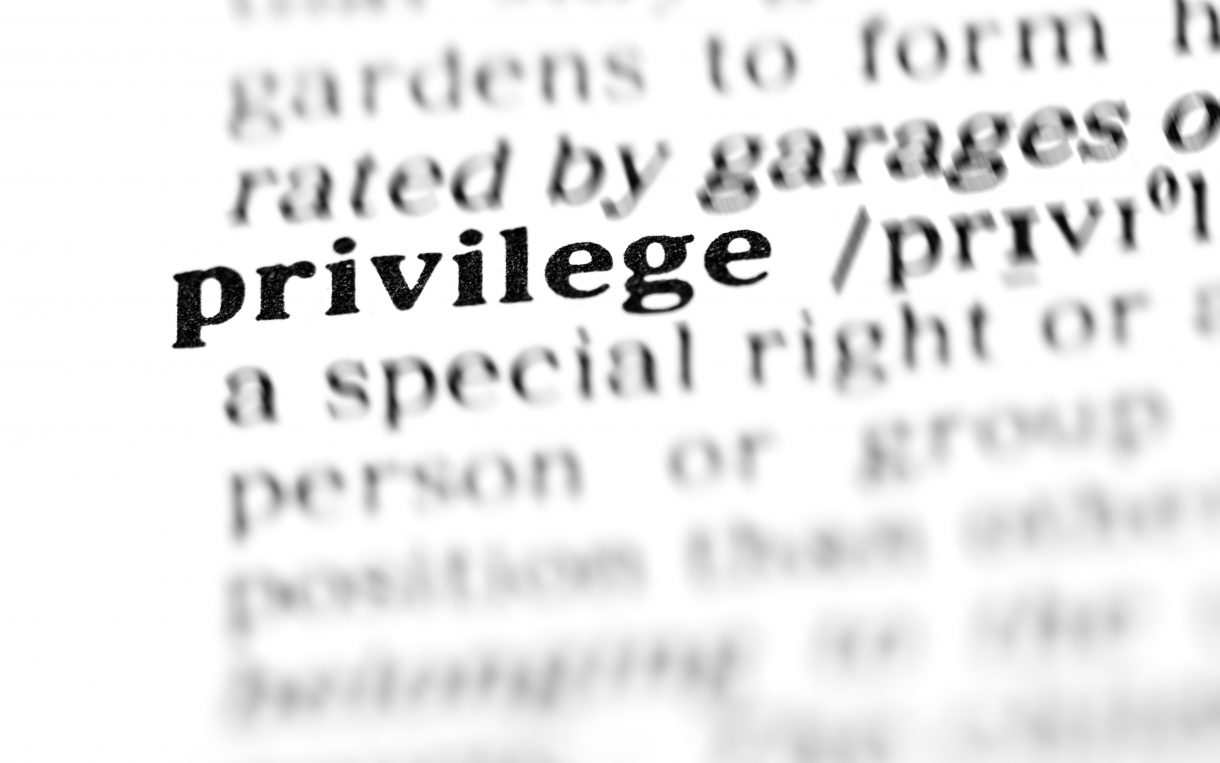You’re probably thinking of an entitled brat sitting far away from action pretending and commentating (oh the nerve!) on realities that are not her own. Thankfully, for all parties concerned, nothing could be further from the truth.
In my line of work I have received the most amount of flak for two things.
For looking like a Bangladeshi but not being one.
And also for looking how I look and being a Bangladeshi.
I am as guilty as you are accusatory.
I take absolutely no pride in my privilege for looking “first world” while coming from a “third world” and I believe neither should anybody else for that matter. Because let’s face it, the only way one can accumulate wealth in a place surrounded by poverty is by having one-up on someone else who needed what you have more. But this hoarding of privilege has never been endemic to the “third world”. As a matter of fact, any big city/metropolitan in the world functions in the same way. The stark contrast in poverty and privilege is as evident in Dhaka as it is in New York, Sydney or London. The blatant truth is that we have all become folly to the works of capitalism and consumerism to an extent that there is no guilt to this hoarder’s life anymore. In fact there is celebration and pride in purchasing your third property or second BMW. Nobody asks whether you needed it or if something better could have been achieved using that money that you’re holding onto.
In other news, if I had a penny for the number of times another person of privilege contacted me to say “I want to help the underprivileged in the world”, and I’ve looked right back at them to think they were the ones who needed most help, I’d be rich today.
The underprivileged groups of people in the world don’t need our help to change. They are already desperate for it. It’s the groups in a position of privilege, the gatekeepers of power and accesses, with no signs of wanting to relinquish any of it, who are in absolute dire need of change.
I come from a background of Arts and Humanities. It’s my third offence. The likes of us are accused of not representing an exact science. In my humble opinion, no science should be exact. If the likes of Einsteins had looked at a particular problem with a singular perspective and stopped correcting themselves, reinventing themselves, then change would’ve been stagnant and ineffective. True wisdom I would like to think is challenging your own thought processes and belief systems, more than anything else. I would only feel comfortable around systems and individuals involved in a constant process of evolution. Because the only wheels that have stopped have already been broken. Plus exact forms of beliefs are the ones that get people killed. It’s what eventually perpetuates fascism and religious extremism.
See anyone who’s passionate about hands-on development work will tell you that the process of “helping the underprivileged” is as much about yourself, as others. It is a continual process of you learning and unpacking the layers that deter progress of any form in a given individual or community. It is a lifelong journey. Humanities is a discipline and sector that is not driven by quick fixes. It is a lifelong commitment to developing your own understanding of a given individual and community. And that’s what forms my contribution for any work I do in life. It is not to claim expertise in any matter (the world has long since stopped listening to experts anyway) but to help restart and mobilize the process of learning – amongst ourselves as much as others.
So at the expense of sounding unpopular, development in South Asia cannot be the sole proprietorship of an NGO-looking-apa. Or those who take the neo-colonial approach of knowing better, due to their privileged backgrounds, and wants to “help” those who don’t know what’s best for them – god forbid, no! It needs to include anyone willing to actively listen. It needs to be an ongoing conversation. It needs to be non-partisan. And most importantly, it needs to have zero implications that anyone knows any better than another.


Leave a comment